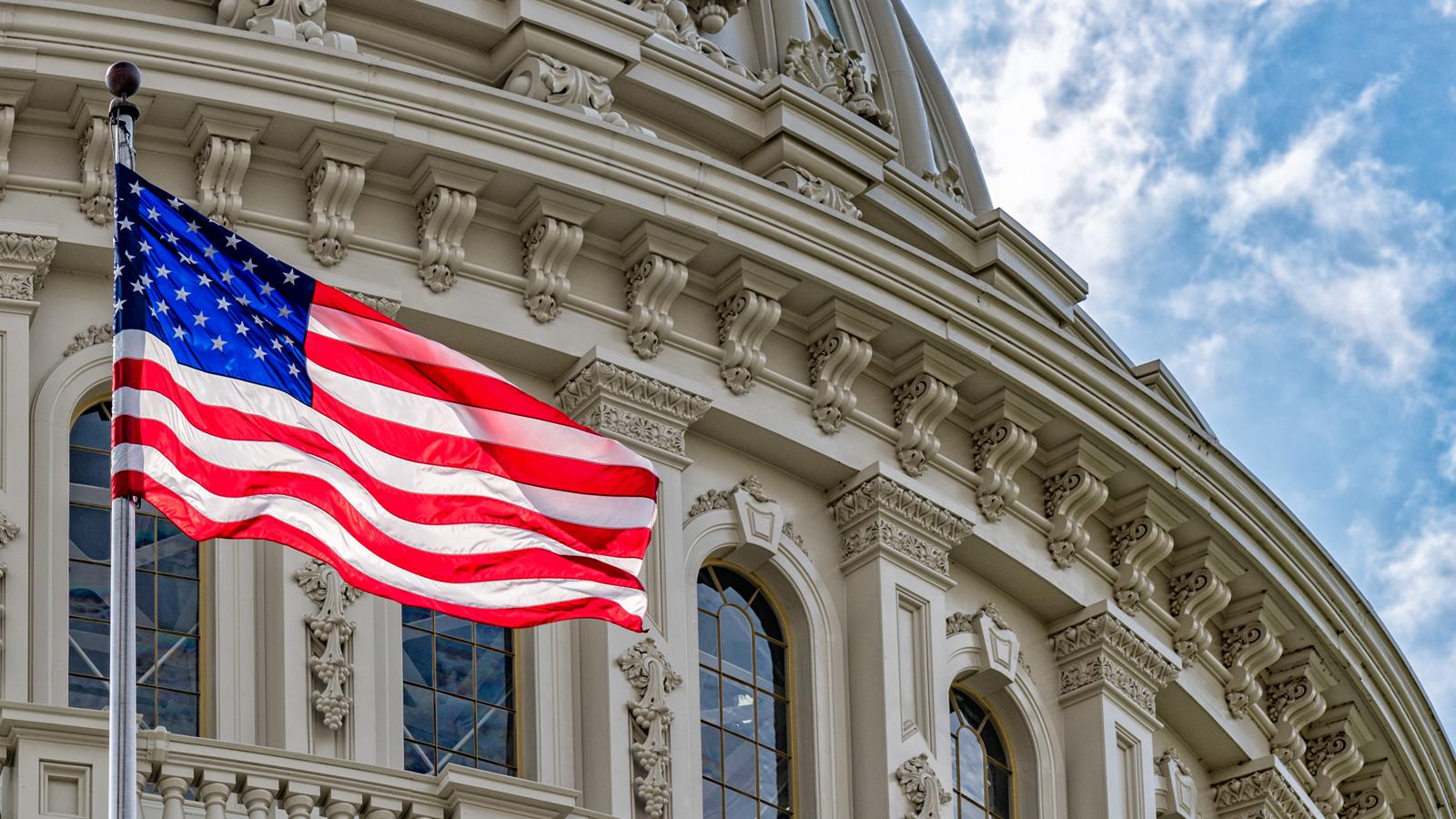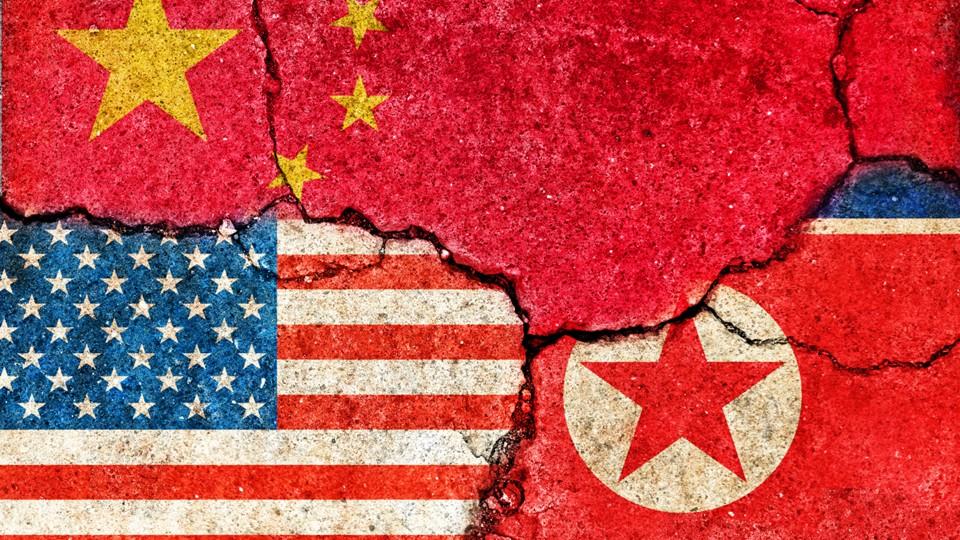BIOSECURE Act clears House vote

The US House of Representatives comprehensively voted in favour of the BIOSECURE Act, which will prohibit businesses in the US from contracting with various Chinese firms on national security grounds.
The legislation passed by 306 to 81 votes, easily reaching the two-thirds majority needed to keep the Act in play. Now it needs to pass the US Senate and – if that occurs – can be signed into law by the President. A version of the bill has passed the committee stage in the Senate, but there's no timeline yet for a full Senate vote.
First introduced in January, the BIOSECURE Act would prohibit the federal government from contracting with, or providing grants to, companies that do business with a "biotechnology company of concern," and specifically mentions WuXi AppTec and WuXi Biologics, as well as BGI Group, its subsidiaries MGI and Complete Genomics, in the text.
Earlier this year, a survey by the Biotechnology Innovation Organization (BIO) trade body found that 79% of biopharma companies have at least one contract or product with a China-based or China-owned contract manufacturing company, and would need up to eight years to switch partners.
Without a pathway to ensure continued access and "thoughtfully decouple" from Chinese suppliers, patients could see loss of access to approved medicines, while R&D into new therapies could stall, according to BIO.
There have also been suggestions that the bill will disproportionately affect smaller biopharma companies and start-ups, which are less likely to be able to bid for contracts with alternative suppliers than their larger counterparts.
The BIOSECURE Act was introduced by Reps Brad Wenstrup (R-Ohio) and Raja Krishnamoorthi (D-Ill), who have a very different take on the role of these companies.
In remarks made ahead of the vote, Wenstrup said: "By passing the BIOSECURE Act and investing in domestic production of essential medical products, we can protect our national health security from a very real adversarial threat."
"These biotechnology companies have demonstrated they are willing and able to do the bidding of the [Chinese Communist Party] and cannot be trusted with Americans' patient sensitive information," he added.
BGI Group, which provides genomics services, said the BIOSECURE Act is "a false flag targeting companies under the premise of national security, but in reality it will strengthen the monopoly in the genomics market held by one dominant US player that has been lobbying for the bill."
WuXi Apptec, meanwhile, said the legislation "pre-emptively and unjustifiably designates our company without due process."
The House vote makes it more likely that the bill can now be tacked onto other legislation, such as government spending bills.












